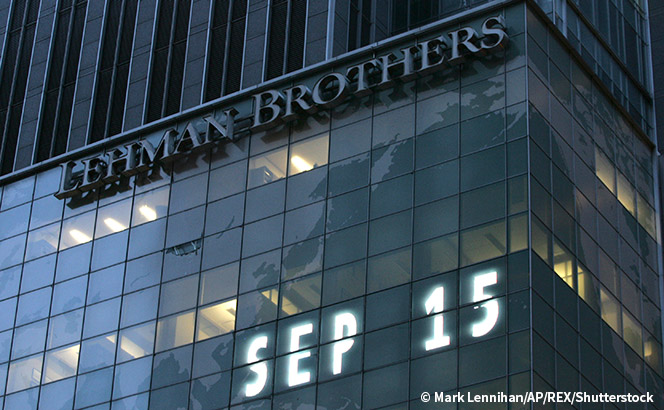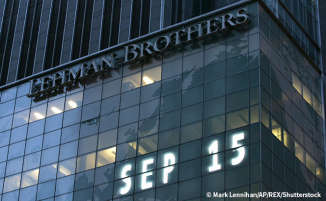Within days of this issue hitting desks, it will be ten years since Lehman Brothers’ collapse marked what swiftly became the great financial crisis. That event was only the clearest symptom of a disease that had been infecting the banking system for more than a year before Lehman filed for bankruptcy on 15 September 2008.
Yet the process unquestionably signalled changes that have reverberated through economies, politics, business and, yes, the legal profession ever since. By the summer of 2009 the UK profession had for the first time engaged in industrial-scale job cuts, axing more than 5,000 roles at top 100 UK firms alone. Through the lens of the LB100, the profession starkly divides into performance patterns pre and post-Lehman. During the long boom, London’s elite was utterly untouchable. Within the Circle they could falter and scrap for fleeting inter-club advantage. But as far as the rest of the industry was concerned, they were in a world of their own. The initial advances of major US law firms had by the mid-2000s been comprehensively repelled – what chance did mid-tier rivals have?
The initial onslaught of the banking crisis shattered the myth that the industry titans were above it all as the Magic Circle made many of the deepest cuts. More than that, it brought a jolt of fear to outfits that had forgotten what the emotion felt like. Still, 25 years of globe-spanning dominance aren’t forgotten overnight and most expected the group to lead the rebound. It hasn’t happened. Currency movements have been against them, as has the global economy. In contrast, the continued ducking of the strategic dilemma presented by the US has been self-inflicted. One reason for that crippling mistake is that the convulsions wreaked on the culture of the London elite during their post-Lehman restructurings sapped the credibility of their leadership teams. In contrast to the 2000s, partnerships at top firms now keep their managing partners on much tighter leashes. For the legal industry, the banking crisis was an immediately defining moment; only in retrospect is the full significance apparent of the 2012 incident in which Linklaters was unable to get a grudging partnership to re-appoint its managing partner in a contest of one.
Other shifts extended way beyond London’s elite. The years of easy growth are gone, in part because clients are as likely to retain work via swelling in-house teams or seek out New(ish) Law alternatives. The importance of banking clients and transactional work to UK law firms has faded in favour of contentious work and sponsor clients. Pressure to deploy technology and commoditise has intensified. Clients, sensing greater leverage, finally became less docile. Overall, the last ten years have proved more fruitful for a select but sizeable band of US firms and upper mid-market City firms, in part because both groups run narrower businesses than larger UK rivals.
And there is no sign these realigned forces will go back to their pre-Lehman days. As dumbly reductive as the phrase The New Normal initially seemed, it is more fitting by the day. Over the last decade, the legal profession has shown more resilience, talent and sweat in the face of such challenges than perspective and creative thought, but such virtues are not to be lightly dismissed. They won’t, however, be enough over the next ten years.












